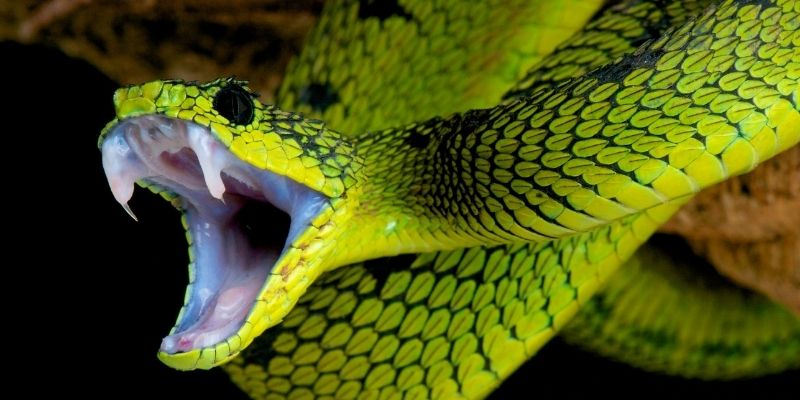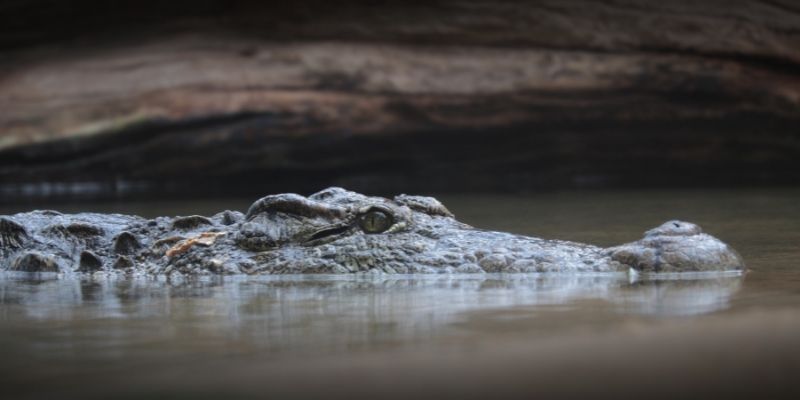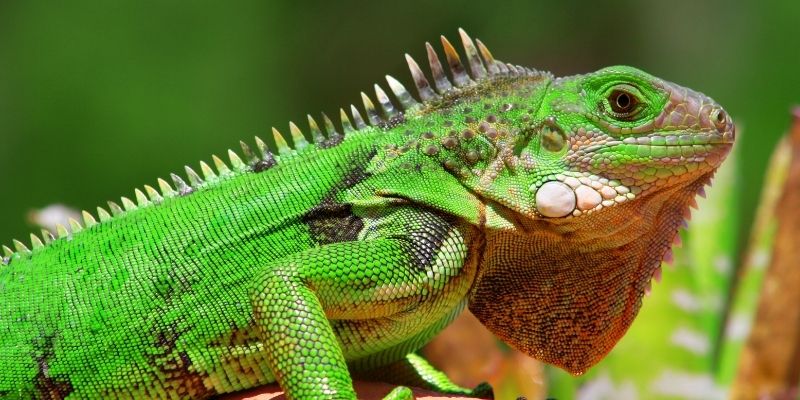How Are Reptiles Important to The Environment?
Reptiles are scaly, fascinating and in many cases fearsome creatures that have been portrayed as evil and villainous throughout mythology, folklore, and religious writings across the world.For this reason, among others, people often have an aversion to snakes, lizards, and crocodiles, as well as other reptile species. This has unfortunately led to reptiles being persecuted over our history as opposed to protected, which isn’t helping their rapidly dwindling numbers.
Though, like them or loathe them, reptiles are incredible animals that have a critical place in our ecosystem. Without them, there would be an irreparable shift in the world’s biodiversity and humanity would struggle to advance in the ways it does so now.
If you have an interest in reptiles, there are a host of amazing things you can learn about these important creatures through the study of reptiles. For now, we explore just how important these slithering species are to the environment as we know it today.
How Do Reptiles Help the Environment Exactly?
It might be hard to believe that the adorable tortoise or terrifying crocodile is essential for life around them to thrive, but they are. In fact, as some of the oldest living species on the planet, reptiles have been a key player in the world’s ecosystems for millions of years! But why are reptiles important exactly?

They are Indicator Species
There are certain animal and plant species that humans monitor closely as their activity and numbers help to infer the liability of the habitat it resides in. For this reason, these species are referred to as ‘indicator species’ and reptiles are one such group that helps us keep tabs on the state of the environment. Crocodilians, for example, are an excellent indicator species. Being so high up in the food chain means their decline would have to stem from something more sinister than simply being prey. Plus, their aquatic habits and long life span can help humans monitor environmental impact over longer periods.
Reptiles are also Ectothermic, so they depend on external heat sources to warm them up and move around. Without being able to regulate their own body temperature, rising temperatures because of climate change is seeing them more frequently retreat to find shade to cool down. This results in less activity which hinders their ability to hunt and feed themselves.
As such, it’s easy to see that a thriving community of reptiles indicates a healthy environment.
They are Also Keystone Species
Not only do reptiles hold the title of indicator species, but certain reptiles are also classed as keystone species because they are particularly influential in their ecosystems. This is largely due to the fact certain reptiles help keep the numbers of other species under control, plus they can help boost the numbers of those in decline. This is because not all reptiles are carnivores, so while the ones feasting on flesh help keep populations of animals and insects in check, the plant-eating reptiles help disperse seeds and pollinate various flora species, many of which would likely become extinct without them.
Most reptiles also play their part in feeding other species. Even the biggest reptile predators make a substantial meal for others when they are young! How many reptiles live their lives also provides a lifeline for other species that would diminish otherwise.
For instance, the way alligators dig holes to stay cool, mate and nest provide refuge and source of nourishment for an abundance of other species that would otherwise struggle in dry seasons.

Reptiles Prevent Diseases Spreading
Another critical role reptiles play in maintaining and protecting life on earth is their involvement in the prevention of disease spreading. There are many rodents and pests that are renowned for carrying disease that make a regular meal for carnivorous reptiles. From insects to rats and other rodents, without reptiles regularly snacking on these undesirable creatures, we would be far more at risk of catching harmful and deadly diseases.
They Keep Species Populations Under Control
In addition to keeping diseases at bay, the importance of the reptiles’ roles in managing population numbers can’t be underestimated. As such effective hunters, reptiles keep both flora and fauna under control which helps keep certain species in the ecosystem from taking over and causing havoc. An overabundance of any species isn’t a good thing, so a healthy population of reptiles is essential to keep numbers in check.
Medicine Wouldn’t Be as Effective Without Them
One of the scary things about reptiles is they are known for being venomous and toxic creatures. While this has made them a natural enemy for humans over time, these deadly and harmful substances have actually been instrumental in the development of humanity. We humans have learnt to harvest reptile venom and toxins and have adapted their use for much of the modern medicine and antivenoms we use today.
As such, the study of snakes and reptiles has helped develop medicines that combat/help with:
- High blood pressure
- Heart failure
- Heart attacks
- Strokes
- Pulmonary embolisms
- Diagnosis of cancers

They Keep Places Clean
Another great benefit of reptile existence is they help rid our environment of unhealthy and unpleasant carcases and carrion that would otherwise be left to rot. As many reptiles hunt by poisoning or injuring their prey and waiting for them to die, they aren’t so concerned about having the freshest of meals. This means an already dead animal makes a delightful and effortless snack for reptile species. Taking the pressure off us to clean up unsightly remains that expose us to at times disease-causing pathogens.
Study Reptiles Online
If the above has whet your appetite and you are excited to learn more about these captivating creatures, Animal Courses Direct has an online course in reptile studies that is perfect for you! Our Level 3 Award in Reptile Studies is available for any learner aged 16 or over who wants to expand their knowledge of reptile care, welfare and behaviour.
In two fascinating units, you will explore these areas along with the vital conservation efforts aiming to protect reptiles. For these reasons and more, this course is ideal training for anyone working with reptiles in an animal charity, veterinary environment or pet shop. It’s also perfectly suited to reptile owners wanting to better care for the reptiles in their lives.
Find out more now by calling our Course Advisors on 01202 006 040, contact us online or click below to view the course in more detail!
(2).jpg)
















